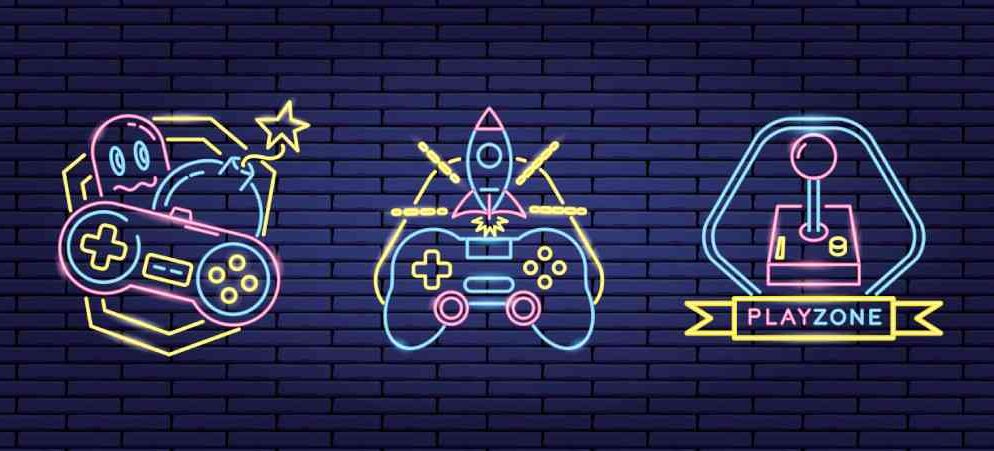

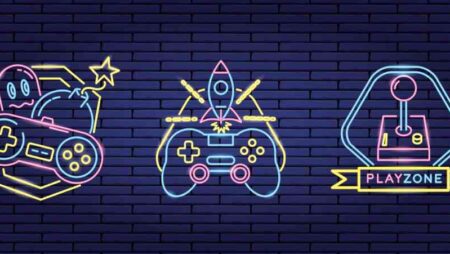

It’s 2004, and you’ve met your friends at the cool place called the Internet café to play World of Warcraft. As you sit down in one of the worn-out chairs, the familiar hum of the computers fills the air. The scent of stale coffee mixes with the faint smell of overheated electronics. Your friends, gathered around their stations, exchange excited glances and eager banter. The anticipation is palpable as you all prepare to embark on another epic adventure in the world of Azeroth.
You log in to your account and are greeted by the familiar login screen with the iconic logo of World of Warcraft. The character select screen appears, displaying your trusty Dwarf Paladin, clad in shining armour and armed with a mighty hammer. You select your character, and with a click, you’re transported into the fantastical realm of Azeroth.
Hours pass in what feels like minutes, and eventually, you emerge victorious, your characters battered but triumphant. The spoils of your conquests gleam in your virtual inventories. Your group gathers outside the dungeon entrance, celebrating your hard-fought victory with virtual high-fives and hearty laughter.
It seems like ages since we all met at internet cafes to play our favourite games but ever since then, gaming has evolved. Gaming can take many forms from card games like poker to video games and has become an integral part of our everyday lives. It’s no longer just about sitting in front of a screen; now, it’s a a dynamic fusion of entertainment, commerce and social interaction that spans across various platforms and mediums.
The Adaptive Evolution of Gaming


You play Halo, and as you walk home from work, you listen to Breaking Benjamin’s soundtrack for the iconic game on Spotify. You switch gears to enjoy some light-hearted humour with Family Guy and catch the witty references to Call of Duty. Just before dinner, you watch your favourite streamer on YouTube as they share today’s gaming experience.
Gaming culture is everywhere from our PC screen to the big screen and even to the Royal Albert Hall. In the world of esports, stadiums once reserved for traditional sports now echo with the cheers of fans who have gathered to witness their favourite gaming champions in action. From the click of a mouse to the roar of a crowd in an arena, gaming’s reach knows no bounds. It has left an indelible mark on our modern culture and there’s a good reason for this.
Gaming is admittedly fun as well as exciting and makes us gamers feel productive, entertained and more social especially for those of us who are less social. Luck, performance, camaraderie and improvement are rewarded which is rare in the real world. As long as these qualities are not rewarded, gaming will continue to evolve.
Millennials were the first generation to grow up in a digital world. While the 90s family computer shaped their generation and generations to come, gaming was not accepted as a form of relaxation for decades as it offered limited avenues for interaction; most times, the best option was a chat box.
Headsets marked a significant step towards collaborative play, and with the advancement of livestreaming technology, interactivity has reached new heights. Forging friendships from all over the globe and sharing experiences together have transformed games into an accessible and interactive experience. In light of the qualities that gaming has developed and expanded on, it is viewed these days as an equal form of escapism and a means of acquiring new skills instead of simply a way to waste time.
The Evolution of Themes and Technologies
Of course, gaming didn’t start with World Warcraft – online gaming did. Gaming started in 1958, and the first game was a very simple tennis game! From there, gaming evolved with the advent of flight simulators, arcade games and consoles like Gameboy, PlayStation and Xbox.
While there are millions of games that cater to different tastes, the most popular types of games are those that involve strategy such as chess or those that challenge a player’s reflexes such as first-person shooters. Online gaming where people play against one another from all over the world has become increasingly popular in recent years.
A Short Timeline of Online Gaming
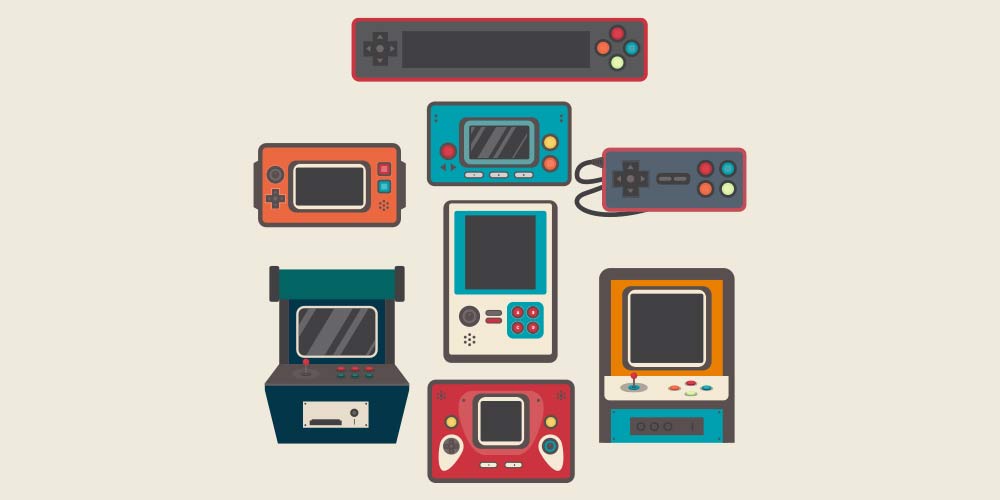

Arcade Games (1970s-1980s): The gaming industry began with arcade games like Pong (1972), Space Invaders (1978) and of course the most influential game of all time: Pac-Man (1980). Arcade games were played in physical arcades and required players to insert coins to play them.
Home Consoles (1980s-1990s): The release of home consoles like the Atari 2600 (1977), Nintendo Entertainment System(NES) (1983) and Sega Genesis (1988) brought gaming into every home. Multiplayer gaming involved friends or family members playing together on the same console while 3D graphics made gaming more exciting than ever before.
PC Gaming and LAN Parties (1990s): Before the 90s, no one had a personal computer in their homes; after the 90s, everyone did. The introduction of the PC led to the rise of PC gaming and LAN (Local Area Network) parties became a social phenomenon. Players would connect their computers to a network for multiplayer gaming. In the 90s, games like Doom (1993) and Quake (1996) were instrumental in popularising first-person shooters.
Online Multiplayer (Late 1990s-2000s): With the advent of the internet, online multiplayer gaming became possible. Titles like Ultima Online (1997) and EverQuest (1999) pioneered the MMORPG (Massively Multiplayer Online Role-Playing Game) genre. Meanwhile, services like Xbox Live (2002) and PlayStation Network (2006) facilitated online gaming.
Esports and Competitive Gaming (2000s-2010s): Competitive gaming gained traction, leading to the development of professional gaming leagues and tournaments. Games like Counter-Strike, StarCraft and League of Legends have become major players in the esports scene. According to Newzoo, the global esports audience will surpass 650 million people by 2025. Today, esports competitions are broadcast worldwide, giving esports professionals an opportunity to interact with their fans in real-time.
Social and Mobile Gaming (2010s): The rise of social media platforms and mobile devices led to a surge in casual gaming. Mobile gaming’s unmatched accessibility is one of the major elements influencing its growth. Titles like FarmVille (2009) and Angry Birds (2009) became immensely popular. Presently, mobile gaming continues to dominate a significant portion of the gaming market.
Virtual Reality (2010s-present): VR technology has been steadily advancing and providing immersive gaming experiences. Games like Beat Saber (2018) and Half-Life: Alyx (2020) showcase the potential of VR in gaming.
Online Casinos (Late 1990s-present): One of the most significant developments in the gambling industry in recent years has been the rise of online casinos. The convenience and accessibility of online casinos have made them hugely popular and their popularity is only set to grow in the future. Advances in technology have led to the development of live dealer games where players can interact with real dealers via video stream.
The Evolution of Microtransactions or How Horse Armour Won
In 2006, Bethesda decided to sell plate armour for horses in The Elder Scrolls 4: Oblivion for $2.50! Who would buy a virtual coat of armour for a virtual horse? Well, many people, as it turns out. While the idea was initially mocked, the horse armour opened up the space for new methods of monetisation including loot boxes!
Through progression, in-game currency, or real money, the player is gifted a blind box with unlockable items. The player wants the unlockable items and these mystery boxes are the only way to get them. Fun and exciting loot boxes created a sense of anticipation and thrill for players that changed the whole gaming industry. Now, luck seems to be the main theme.


The Mobile and Crypto Era
The dawn of the mobile and crypto era has ushered in a new paradigm for the gaming industry. Mobile gaming has democratised access to online casinos, enabling players to indulge in their favourite games from virtually anywhere. Whether it’s blackjack, poker, slots or roulette, the convenience of having a virtual casino in the palm of your hand has redefined the gaming experience. Players can now enjoy the thrill of the casino floor without the need for physical proximity.
Parallel to this, the integration of cryptocurrencies has introduced a level of security, transparency and efficiency previously unseen in traditional online gambling. Blockchain technology ensures fair play and protects against fraud with its decentralised ledger system. Moreover, the anonymity and privacy of cryptocurrencies have attracted a new wave of players who value discretion in their gaming pursuits.
Smart contracts and decentralised finance (DeFi) protocols have also started to permeate the world of online casinos, offering a trustless and automated framework for transactions and payouts. This innovation has the potential to revolutionise not only how we wager but also how winnings are distributed and managed.
Will VR and AR Be the Next Winner?
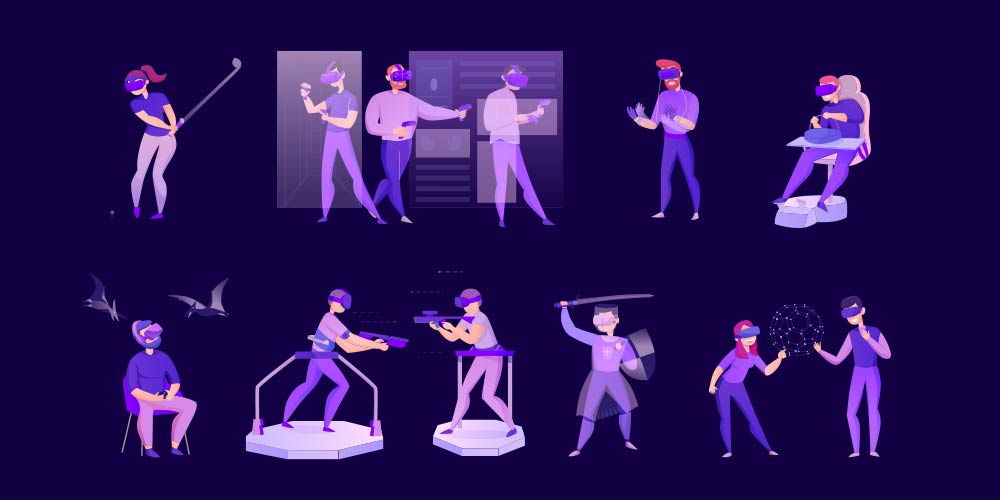

Live gaming, virtual reality (VR) and augmented reality (AR) are becoming increasingly popular as 3D environments and realistic sensations take games from being confined within a screen to a tangible experience — quite literally.
Immerse yourself in your surroundings, use gestures to control the game and interact with other players in real-time. The finest VR games transport you to a realm where immersion seamlessly blends with interactivity, transcending what was once a solitary gaming experience. Soon, you won’t have to rely on VR controllers; your headsets will be enough to track your hands and fingers.
Gaming has never been more exciting.
If you’re still wondering how that works, just imagine that you’re playing poker. In front of you is not a screen but rather a three-dimensional slot poker table. You can move around, talk to the players, socialise with the dealer and interact directly with the cards. This is the future.
Try Your Luck with EmuCasino
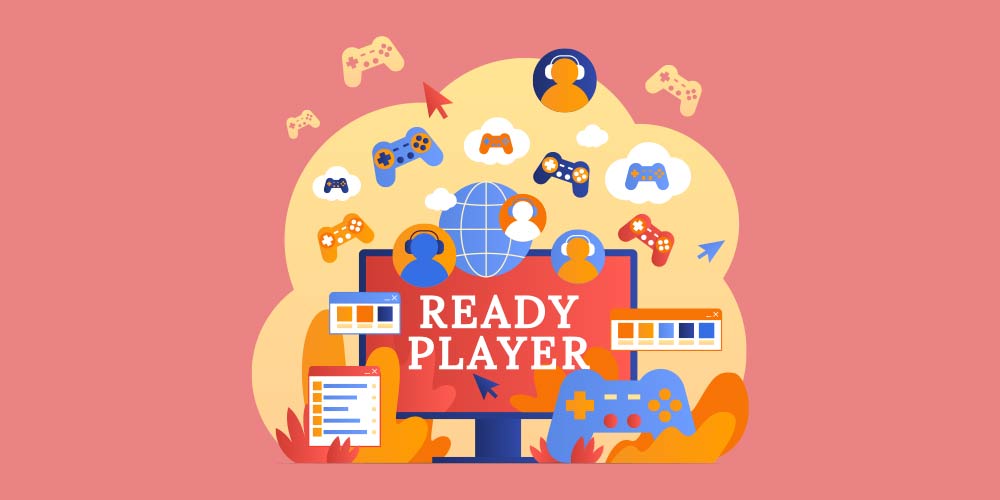

Today, the gaming industry has come a long way from where it started with cryptocurrencies and VR leading them into the next era. The gaming evolution is a testament to the adaptability of the gaming industry and its commitment to providing players with authentic experiences. From its humble beginnings with rudimentary graphics to the promise of immersive VR casinos on the horizon, gaming remains at the forefront of the efforts to push the boundaries of what is achievable in the digital realm. As technology evolves, players can look forward to a future filled with even more thrilling and authentic casino adventures.
Technology may change but at EmuCasino, we’re committed to offering you the best online gambling experience. From live Texas Hold’Em and Blackjack to exhilarating online slot games, we offer one of the best online gambling experiences available. Register today and enjoy.










